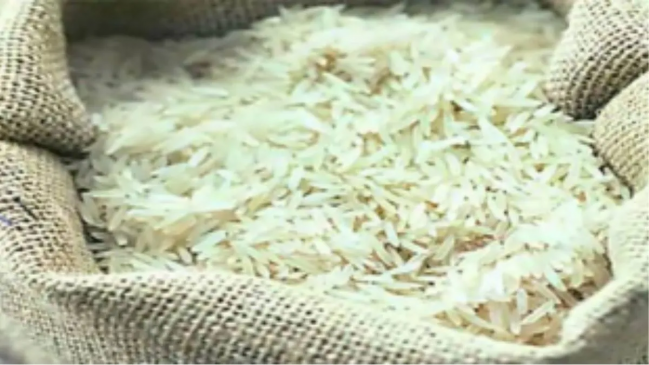Traders say the ministry’s decision would give a signal to the market for improving supplies and curb spike in price.
Following the government decision to sell 3 million tonne (MT) of wheat in the open market from the Food Corporation of India (FCI) stock commencing February 1, the food ministry has issued guidelines for initiating open market sale scheme (OMSS) of rice to states, private traders and entities engaged in ethanol production.
While the food ministry will soon decide on the quantity of rice to be sold in the open market from FCI stocks, the guidelines have fixed rice prices for various categories of purchasers which would be valid for the current year.
Read More: Punjab & Sind Bank Aims at Rs 500 Crore Recovery From NPAs in Q4: MD
Traders say the ministry’s decision would give a signal to the market for improving supplies and curb spike in price.
Retail inflation in rice rose by 10.49% in December 2022 while prices rose by 10.51% in the previous month. FCI had last sold 2.49 MT of rice in the open market in 2020-21.
In a communication to the FCI, the food ministry has fixed the price of rice to be allowed to be purchased by states, including fortified rice for distribution in their own schemes, at the rate of `3400/quintal.
The ministry has set the reserve price of rice to be supplied for ethanol production under biofuel policy at `2000/quintal, while a price of `2400/quintal for private purchase through e-auction has been fixed, according to the guidelines.
Private entities, with the exception of those engaged in ethanol production, would not be allowed purchase of rice in grain surplus states including Punjab, Haryana, Chhattisgarh, Odisha, Andhra Pradesh and Telangana during paddy procurement period. The OMSS sale of rice would be allowed in deficit procuring states such as Uttar Pradesh, Bihar and West Bengal.
The FCI has allocated 1.6 MT of rice from its stocks for ethanol production in the current year so far.
Read More: Bank Of Baroda WhatsApp Banking: Check List of Available Services, Steps to Register
The biofuel policy allows production of ethanol from damaged food grains like wheat, broken rice etc. which are unfit for human consumption. It also allows conversion of surplus quantities of food grains to ethanol, after the approval of the national biofuel coordination committee.
The ministry has stated that in view of uncertainties of procurement and additional allocations of rice, the quantum of stocks to be offloaded, and timing, considering stock holding at the relevant point of time for all the schemes would be decided by it.
At present, FCI has 15.4 MT of rice along with 31.5 MT to be received from millers which was far more than the buffer requirement of 13.8 MT for January 1.
Meanwhile, close to four months since the commencement of paddy procurement by the FCI and state government agencies for the current kharif season (2022-23), the total purchase till Saturday was up by 2% on year at 64 MT.
Higher grain procurement is expected to boost rice stocks held by FCI, which has been depleted by implementation of the free ration scheme that was implemented during April, 2020 – December, 2022.
FCI distributes around 40 MT of rice and 18 MT of wheat annually under the National Food Security Act where 5 kg of grain per month per head are distributed free of cost to 800 million beneficiaries.





































